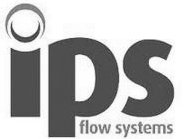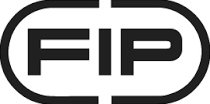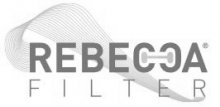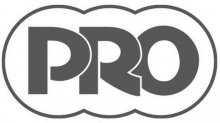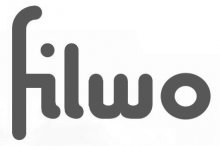SEMI-FINISHED thermoplastics productsTechnological properties |
PVC U |
Polyvinylchloride is a material of low flammability with an exceptional chemical resistance and low stress crack formation. PVC U shows high mechanical strength, rigidity and hardness. The long-term operating temperature is from -15 °C up to approx. +60 °C. It can easily be glued/bonded and welded.
Properties: • high mechanical strength, rigidity and hardness • excellent electrical insulator • high chemical resistance • self-extinguishing • low water absorbtion • good bonding and painting properties • low toughness • limited weather resistance Typical applications: Pump and valve bodies, seals, bearing cages, pipelines, tubes for handlamps, brush bodies, components for dental medicine, bench rails, cash register separators, profiles for switch cabinets and fair construction, drilling templates, pipes for receiving cores, lamp housings. PVC-HI (impact modified) - improved impact resistance at low temperatures (-40 °C). PVC-ELS* (electrically conductive) - variant of the PVC-U with improved electrical conductivity. PVC-C (Corzan®) - high strength, rigidity and hardness at elevated temperatures (+85 °C). |
PP |
Polypropylene shows high mechanical strength, hardness and rigidity, but a low notch impact strength. PP resists stress cracking and is easy to weld. Minus temperatures however make the material brittle. The chemical and electrical properties are very good. The long-term service temperature is between +5 °C and approx. +100 °C. Properties: • low density • high heat resistance • high rigidity, high surface hardness • high chemical resistance • low oxidation resistance • low abrasion resistance • brittle in the cold • HF welding not possible • natural coloured, not weather resistant Typical applications: Pump and valve components, seals, supports in the coating industry, spacers in plating industry, toy parts. PP-ELS* (electrically conductive) - variant of the PVC H with improved electrical conductivity. Higher strength compared with the standard PP. PP-30GF - The 30% glass fibre reinforced PP has an improved dimensional stability, an outstanding rigidity and heat resistance HDT/B +155 °C, which opens up additional applications. PP-30PET-F - The 30% PET fibre reinforced PP has an optimized rigidity with simultaneously improved notch impact strength. Properties: • extremely good proportion of rigidity and toughness • handy surface • shatterproof fracture behaviour for passive safety • at -30 °C better impact resistance than for instance PC • higher heat resistance than for instance PP • higher rigidity than for instance PP and PA • PET-fibres reducing the notch sensivity • good acoustic properties (good absorption, lower noise emission) • possibility for bonding Typical applications: Brush and roll manufacturing industry, pump and valve components. * change of name |
PE-HD |
Polyethylene shows a good chemical resistance to almost all acids and alkalis, many organic solvents and hot water. PE has good insulation properties and is easy to weld. The long-term service temperature is from -50 °C up to approx. +90 °C.
Properties: • low density • high toughness (also at low temperatures) • high elongation at break • very good electrical and dielectrical insulating properties • very low water absorption • low vapor permeability • high chemical resistance • good stress crack resistance • physiological safety • smooth surface (low rigidity) • HF welding not possible • natural coloured, not weather resistant Typical applications: Transport containers, pump and valve components, parts in tank construction, components for medical applications, seals, sliding profiles, components for the food industry. PE-UHMW - The ultra-high molecular weight polyethylene shows a high abrasion resistance (extremely good sliding properties) and high rigidity at the same time. Compared to the standard PE-HD, the chemical resistance and the stress crack formation have been optimized. PE-EHMW has a long-term service temperature from -150 °C up to +90 °C. Properties: • low density • high rigidity (also at low temperatures) • high elongation at break • very good electrical and dielectrical insulating properties • very low water absorption • low vapor permeability • high chemical resistance • good stress crack resistance • physiological safety • smooth surface (low rigidity) • HF welding not possible • natural coloured, not weather resistant Typical applications: Pump and valve components, seals, sliding profiles, components for the food industry. Source: GEHR KUNSTSTOFFE, MANNHEIM |
Optimize your shopping experience with our detailed delivery information |
Partnership at the highest level. |
|
|
|
|
|
|
|









